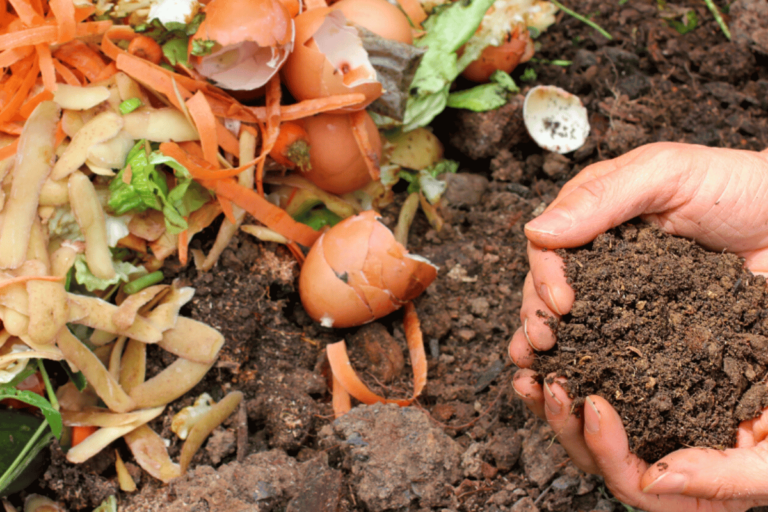Understanding Soil Composition
Soil health is crucial for productive gardening, as it directly affects plant growth, nutrient availability, and overall garden productivity. Understanding soil composition involves examining soil’s different components, including minerals, organic matter, water, and air.
Minerals comprise the most significant soil, including sand, silt, and clay particles. The proportions of these particles determine the soil’s texture, which affects its drainage, aeration, and nutrient-holding capacity. Sandy soils drain quickly but may lack nutrients, while clay soils preserve water and nutrients but may have poor drainage and aeration.
Organic matter, such as decomposed plant and animal material, is essential for soil health. It improves soil structure, increases water retention, and provides a slow-release source of nutrients. Organic matter also supports beneficial microorganisms contributing to nutrient cycling and disease suppression.
Water and air are critical for plant roots and soil microorganisms. Proper soil structure allows for adequate water infiltration, drainage, and air movement. Healthy soil balances water and air, ensuring roots receive oxygen and moisture.
Tips for Improving Soil Health
Improving soil health involves several practices that enhance soil structure, fertility, and biological activity. Follow these tips to promote healthy soil in your garden:
Test your soil to verify its pH, nutrient levels, and texture. Apply a soil testing kit or send a sample to a soil testing laboratory. Based on the results, amend the soil with appropriate materials to adjust pH and nutrient levels.
Add organic matter to enhance soil structure and fertility. Incorporate compost, aged manure, or leaf mould into the soil to increase its organic content. Organic matter improves water retention, drainage, and nutrient availability.
Use cover crops to protect and enrich the soil. Covering crops, such as clover, rye, and vetch, prevent erosion, suppress weeds, and insert organic matter when turned into the soil. They also correct soil fertility by fixing nitrogen and increasing microbial activity.
Practice crop rotation to block nutrient depletion and reduce pest and disease pressure. Rotate crops with different nutrient needs and root structures to maintain soil health and promote biodiversity.
Avoid soil compaction by minimizing foot traffic and heavy machinery use in garden beds. Compacted soil restricts root growth and reduces water and air movement. Use raised beds or designated pathways to protect the soil.
Implement mulching to conserve soil moisture, suppress weeds, and control soil warmth. Apply organic mulch, with straw, wood chips, or leaves, around plants to provide these benefits. Mulch can also add organic material to the soil as it decomposes.
Water the soil appropriately to maintain a balance of moisture and air. Use drip irrigation or soaker hoses to give water to the root zone, decreasing evaporation and runoff. Water deeply and occasionally to encourage profound root growth.
Understanding soil composition and implementing practices to improve soil health can create a thriving garden with healthy, productive plants.
Explore More Gardening Tips and Ideas
- Growing Bonsai: Tips for Miniature Tree Enthusiasts
- Buying Bonsai: Tips for Selecting Your Perfect Tree
- Bonsai Potting: Essential Tips for Tree Care Success
- Bonsai Maintenance: Essential Care for Tiny Trees
- Mastering the Art of Shaping Bonsai: A Beginner’s Guide
Source: Soil Health Garden


